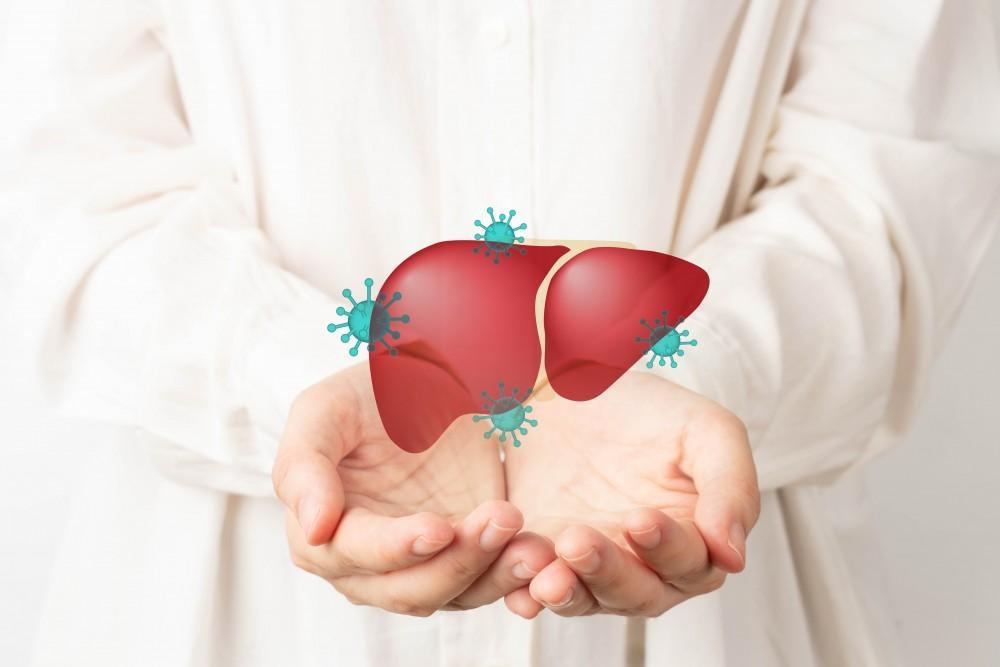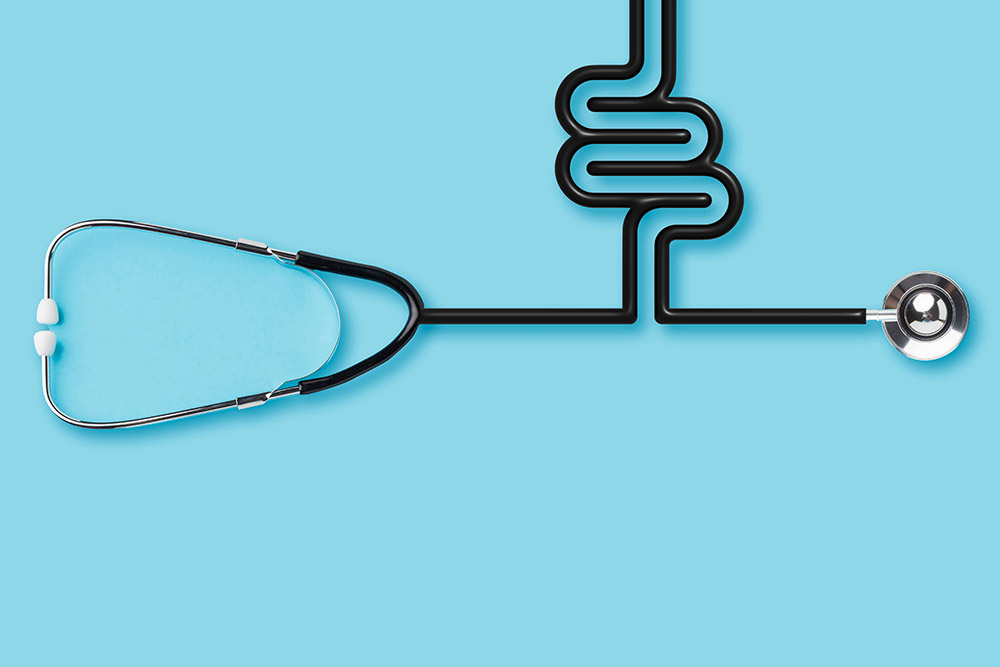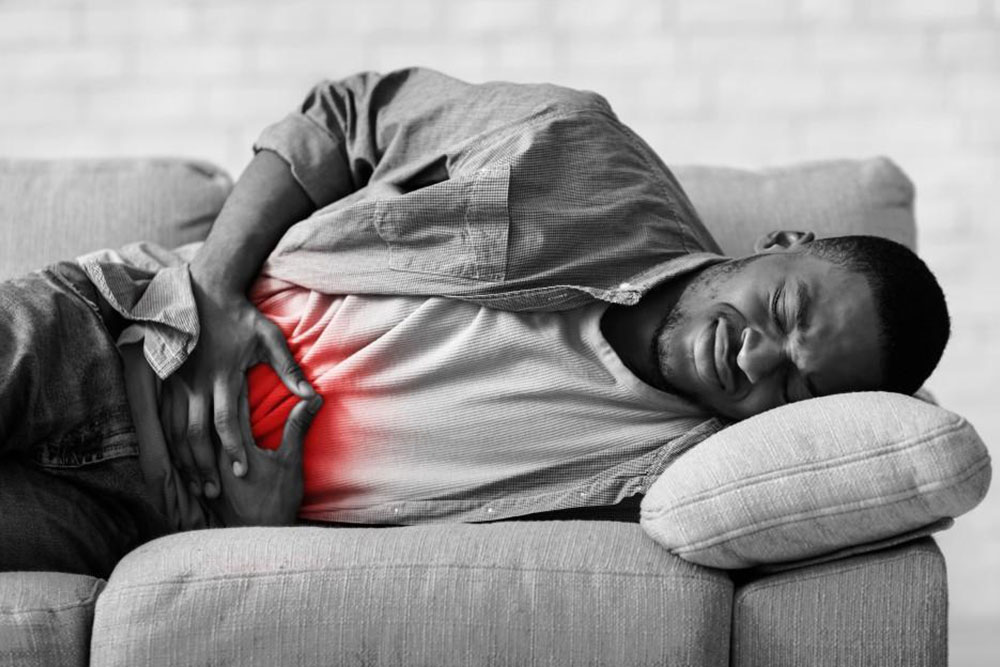What Is Liver Disease?
Your liver helps digest food, store energy, and remove toxins. Liver disease happens when it can-t do these jobs well. It can be mild or serious, even life-threatening. Getting early care helps protect your liver and your health.
Common Causes and Risk Factors
- Hepatitis A, B, or C
- Alcohol overuse
- Fat buildup in the liver (NAFLD or NASH)
- Obesity, type 2 diabetes, or high cholesterol
- Long-term use of certain medicines or exposure to toxins
- A family history of liver problems
Signs and Symptoms
- Often none in early stages
- Feeling tired
- Pain or pressure in the upper right belly
- Yellow skin or eyes (jaundice)
- Itchy skin
- Swelling in your legs or belly
- Easy bruising or bleeding
How Dr. Rishi Diagnoses Liver Disease?
Dr. Chadha uses a step-by-step approach:
Comprehensive Medical History & Physical Exam
He reviews your medical history, alcohol use, family history, and other risk factors.
Blood Tests
Panels measure liver enzymes, bilirubin, and other markers to assess liver function.
Imaging Studies
- Ultrasound, CT scan, or MRI to visualize liver size, shape, and any lesions.
- FibroScan- or elastography for noninvasive measurement of liver stiffness and scarring.
Liver Biopsy (If Needed)
A small tissue sample is taken to confirm diagnosis, evaluate inflammation, or stage fibrosis.
Frequently Asked Questions
What is fatty liver disease?
Fatty liver disease is when extra fat builds up in your liver cells, which can lead to inflammation and damage over time.
Can liver disease be reversed?
Yes. In early stages, many types of liver disease improve with a healthier diet, regular exercise, weight loss, and treatment of the underlying cause.
What is the life expectancy with NASH?
With early diagnosis and proper management, most people with NASH live a normal lifespan. Untreated NASH can progress to cirrhosis, which carries more serious risks.
How long can I live with fatty liver?
Life expectancy varies based on your overall health, how well you follow treatment recommendations, and whether complications develop.
When is liver disease serious?
Warning signs of advanced disease include persistent jaundice (yellowing of skin/eyes), fluid buildup in the belly, easy bleeding or bruising, and confusion.
Do I need a liver biopsy?
Not always. Noninvasive tests-blood work, ultrasound, FibroScan- or MRI elastography-often give enough information. A biopsy is reserved for select cases.
What diet helps fatty liver?
A diet low in added sugar and unhealthy fats, rich in fiber, whole grains, fruits, vegetables, and lean proteins supports liver health.
Is hepatitis C curable?
Yes. Modern antiviral medications cure over 95% of people with hepatitis C in 8-12 weeks, eliminating the virus and stopping further liver damage.
What is end-stage liver disease?
End-stage (decompensated) liver disease means the liver can no longer perform its essential functions-often accompanied by jaundice, ascites, and bleeding.
How can I see Dr. Chadha?
Call GastroDoxs in Houston at (713) 554-4880 or visit our website to schedule your first consultation with Dr. Rishi Chadha.











